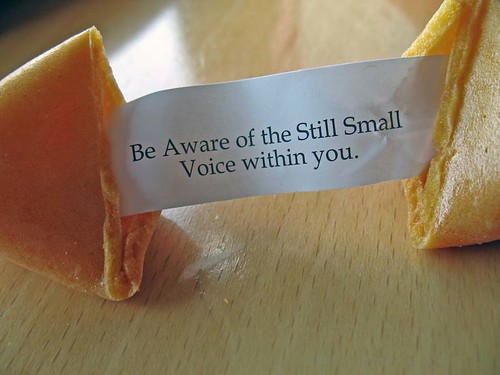Shalom and peace:
We will continue today with Judaism's Derek Eretz, how we are to behave towards one another.
"Hate the expression: "And what of it?" (i.e., even of the most unimportant things you should not express yourself this way). ''
Now this was written circa 2000 plus years ago. How often do we hear folks today respond to other's issues with ''Too much information,'' or ''So what,'' or ''Whatever''? In fact all of these expressions translate to ''I don't care,'' or ''I don't have time for you.''
We are advised in Derek Eretz that we should ''hate'' these expressions, because even what seems unimportant to us, may be quite important to another person.
In Hebrew the word for mute (elem) and violence (alimut) have the same root. When we do not give ear to our friends concerns, when we mute them, we lead them to frustration and potential violence. How many times have we heard of or witnessed suicides, or attempts of such, with notes written stating that no one would listen to the suicidal person.
It is interesting to note, that modern Jewish ethical authorities, using ancient Talmudic maxims, have ruled that it is not in the best of Jewish behavior to ignore emails or even deny someone's ''friending'' on a social network. Just as we are taught to greet every person with a smile and warm ''shalom,'' with social media and email replacing the daily meeting of people in the market or on the street, we must respond to emails and friendship requests positively. Now of course, if one then abuses us, there are ways to block them on these networks.
Active listening is an act of ahavath chesed, loving kindness. Telling someone ''And what of it?'' or ''Whatever?'' trivializes their concerns and separates them from us.
Active listening is a communication technique that requires the listener to understand, interpret, and evaluate what he hears. The ability to listen actively can improve personal relationships through reducing conflicts, strengthening cooperation, and fostering understanding.
When interacting, people often are not listening attentively. We may be distracted, thinking about other things, or thinking about what the other is going to say next (the latter case is particularly true in conflict situations or disagreements). Active listening is a structured way of listening and responding to others, focusing attention on the speaker. Suspending our own frame of reference, suspending judgment and avoiding other internal mental activities are important to fully attend to the speaker.
Active listening is putting aside ''self'' and ''selfishness'' and paying close attention not only to the words another is saying, but to body language, facial expressions, and tone of voice.
While it was Dr. Thomas Gordon (USA 1918 -2002) who popularized the term ''active listening,'' the ancient sages of Talmudic Judaism taught it and practiced it. We would not want to have ourselves muted by another when we need to speak. Active listening is another way of loving our fellows as ourselves.
Rabbi Arthur Segal is an international lecturer, author, and teacher. Visit him at www.JewishSpiritualRenewal.org. Follow him on FaceBook at 'Arthur L Segal', on Twitter at RabbiASegal, or his blog at http://rabbiarthursegal.blogspot.com . Email at RabbiSegal@JewishSpiritualRenewal.net .
















